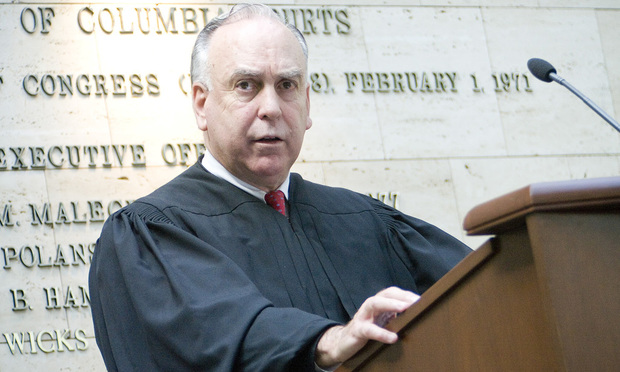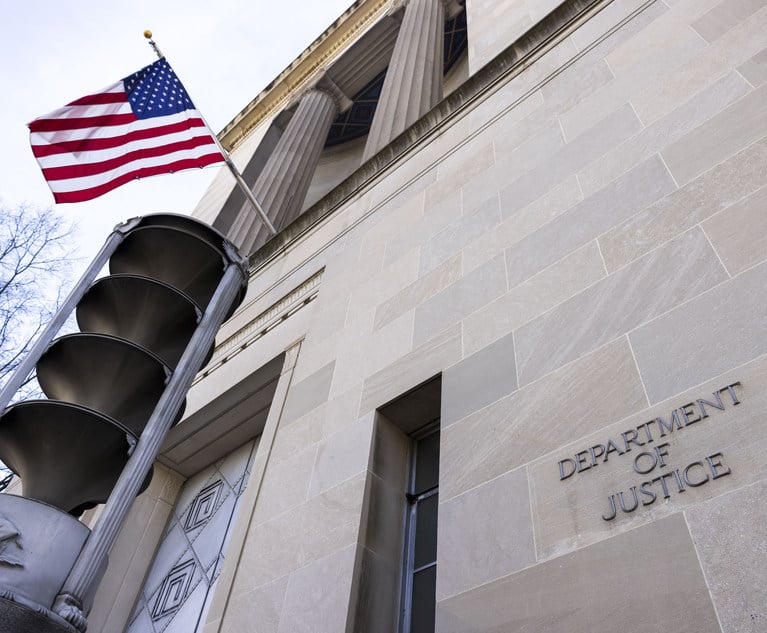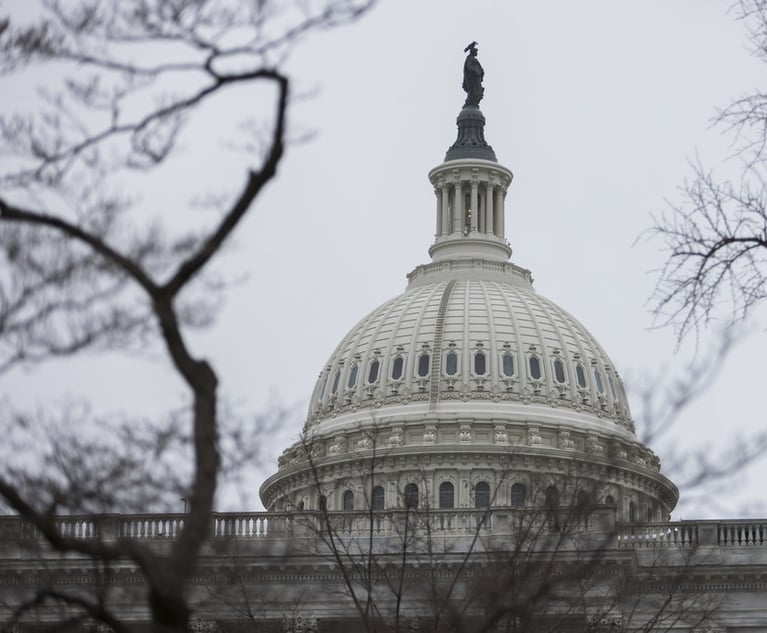Paul Manafort will learn his fate Thursday afternoon, when a federal judge in Alexandria, Virginia, sentences the former Trump campaign chair for financial fraud convictions.
Manafort was convicted on eight counts of tax and bank fraud last year following a lengthy trial in the Eastern District of Virginia. It garnered significant media attention, in part because Manafort was the first defendant in a case brought by special counsel Robert Mueller III to force prosecutors to trial. The longtime lobbyist will also be the first person convicted in Mueller’s probe to receive more than a month in prison.


 T.S. Ellis, III. (2010). Photo: Diego M. Radzinschi/The National Law Journal/ALM Media
T.S. Ellis, III. (2010). Photo: Diego M. Radzinschi/The National Law Journal/ALM Media






